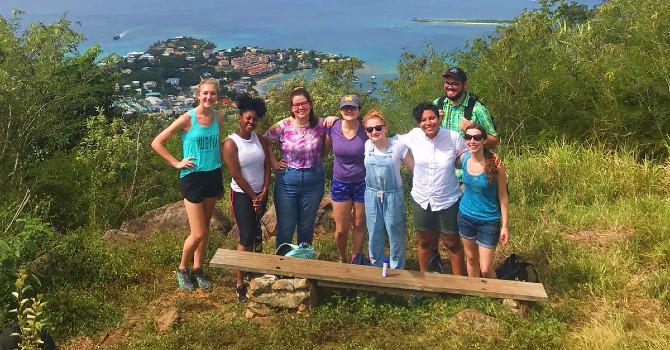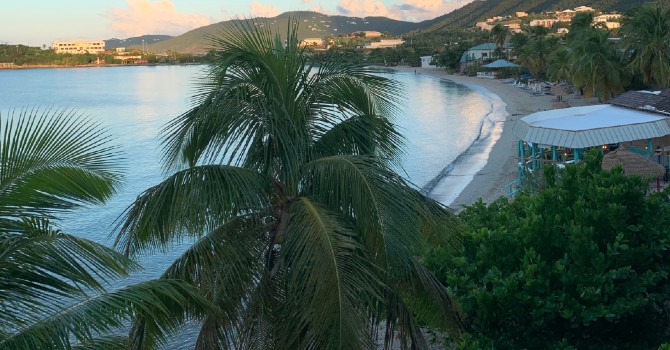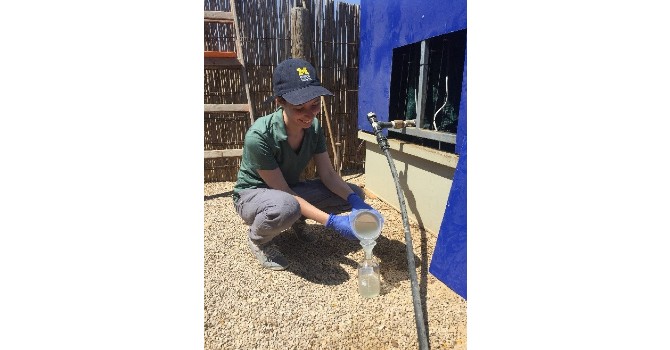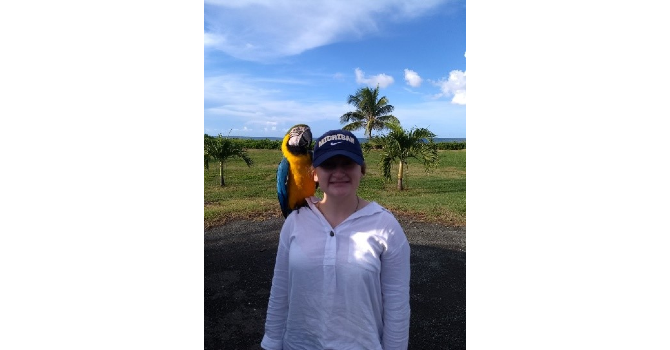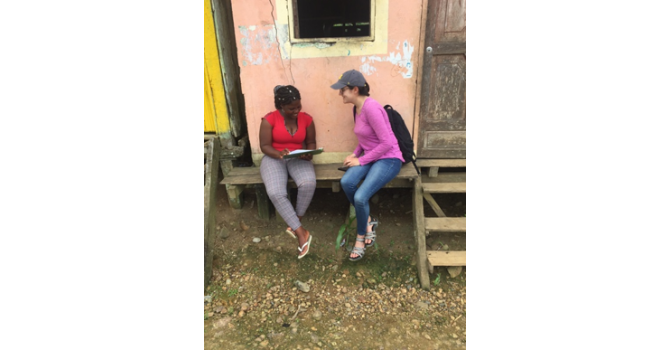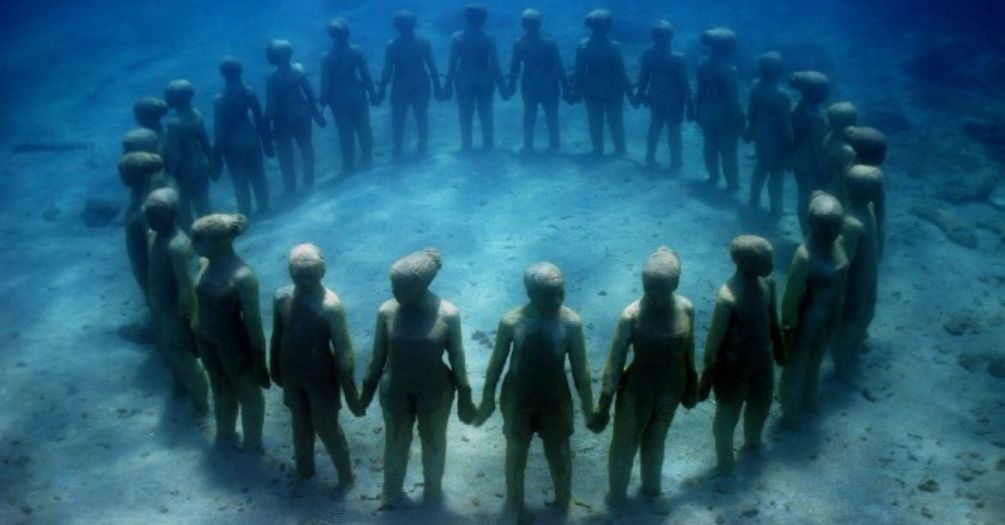In the Wake of Hurricanes, Public Health Matters
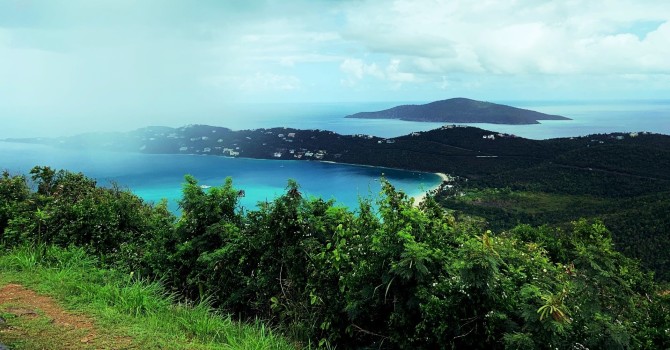
Kira Rib, EHS Student
April 21, 2020, Community Partnership, Disaster Relief, Environmental Health, Practice
Note: There was a temporary pause in the publishing of our blog posts as our team returned in early March to the rapidly changing nature of the Coronavirus in Michigan. We now wish to share the thoughts of students on their experiences just before the COVID-19 outbreak.
Growing up in Florida was a treasure. When you’re from this part of the world, you enjoy elements of a paradise often only experienced momentarily by others. But there is always a macabre reality of living in a hurricane zone. Whenever a storm brews at sea, everyone in the region--Floridians and Caribbeans alike--watch the storm path together. While we don’t hope for a direct hit to others, most draw a sigh of relief when the eye of a storm turns away from our paths. While we often scoff at tropical storms and taunt the likes of a low category hurricane, there is always an omnipresent hum of anxiety for what could happen. In 2004 I was in fourth grade, and within six weeks we were battered by Charley, Frances, Ivan, and Jeanne. The fear and anxiety, the constant turmoil and uncertainty, the unpredictability of power and water utilities or navigable roads, and the imminent threat of home destruction was our reality until the end of the season. The hurricane season of 2004 taught me the importance of hurricane preparedness and response for communities throughout the whole region. My education here has taught me the crucial role of public health as a component of emergency management.
This semester, PHAST provided me the humbling opportunity of participating in part of a long term public health hurricane response process. Working with a team representing the CDC, the US Virgin Islands Department of Health, the Washtenaw County Health Department, and PHAST, our task was to conduct the final Community Assessment for Public Health Emergency
Response (CASPER) for hurricanes Irma and Maria. We had the privilege of witnessing first-hand the process of organizing and carrying out a highly complex survey designed as a rapid needs assessment for a variety of emergency contexts. Through this experience, I was exposed to the challenge of balancing the validity of collected data with the specific needs and sentiments of diverse communities at various parts of the recovery process. While CASPER is a critical tool for rapid assessment and response, it was clear that there are significant challenges to designing and utilizing generalized research instruments for a broad spectrum of regions, communities, and contexts.
Navigating our sampling clusters was a challenge even alongside local staff, as the randomly generated locations didn’t account for mountainous terrain and scattered properties instead of suburban blocks, nor for the households long abandoned since the storms. As we spoke to residents, I reflected on the grief of the people who had to leave their homes, and the continuous demand for resilience from the people we surveyed. We listened to innovative approaches to self-sufficiency in hard times, political critiques of the positionality of the islands as territories, and the frustrations of unfinished business in meeting the needs of the community in the wake of disaster. These stories spoke to two parts of me: the little girl who huddled in the dark in 2004 while the wind howled at my roof, and the person I am today who knows that deep inequities are at the core of continued challenges faced by communities in the islands. The little girl recognizes both the fear and the bravery that comes with these experiences, and the public health professional in the making hopes to work in solidarity with communities who require response today and preparation tomorrow.
While hurricane preparedness and response have always been important to me, this experience with PHAST clarified my goal to continue to work in emergency contexts and seek out public health practice opportunities in this field. Working with mentors I have gained, I hope to find ways to develop my ability to contribute meaningfully to this field in the future.

